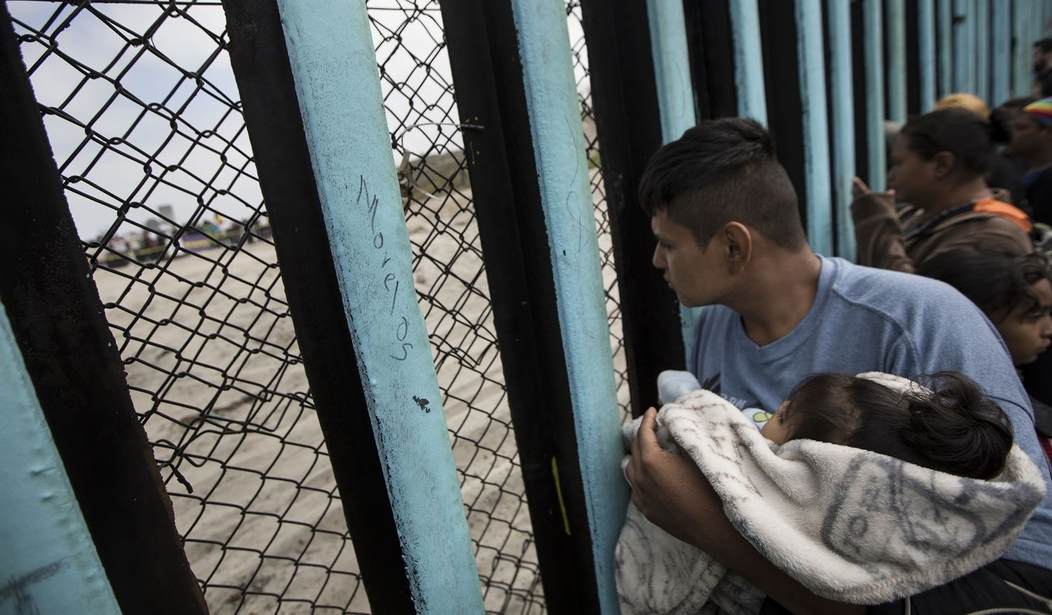Problems with U.S. immigration policy played a big role in the 2016 presidential election and are likely to do so in election after election until significant changes are made. It's a serious issue worthy of substantial public debate. However, what passes for a public dialogue on the issue is anything but serious.
It is, for example, heartbreaking to hear about and see pictures of young children separated from their parents at the U.S. border. According to a CBS poll, only 4 percent of Americans support that approach for dealing with families who enter the country illegally. But beyond that, there's not a clear consensus on what should be done.
Under the Obama Administration, families who entered the country illegally were released into the United States and required to report back for a hearing on their status at a later date. Not surprisingly, many failed to report as promised. Also not surprising is the fact that only 21 percent of Americans support that policy.
Roughly half of all Americans believe that families who enter the U.S. illegally should simply be returned to their home country. While understandable, that approach raises the question of how we will ensure that those sent home won't try again to illegally enter the United States. Since coming to the United States could offer a better future for their children, it's reasonable to assume that caring parents won't give up after just one try.
Recommended
Clearly, a debate focused around the narrow question of how to deal with families entering the U.S. illegally will not lead to a lasting solution for the current immigration mess.
Instead, the starting point for a serious debate would focus on what sort of legal immigration the nation is willing to encourage or accept. Most Americans support a generally welcoming immigration policy so long as those who come here can support themselves and do not pose a national security or criminal threat. Such concerns cannot be lightly dismissed. Sixty-one percent believe that some of those seeking to enter the country illegally are criminals and gang members. Sixty-seven percent believe that some are seeking handouts and welfare payments.
Coming up with a policy to address those concerns raises an important subset of questions. Do we prioritize those who have valuable skills or relatives of U.S. citizens? How much legal immigration should we allow? What exceptions should be allowed for humanitarian purposes? How do we classify seasonal workers who want to legally enter the country and then return home? Should the states or federal government determine how many such workers are allowed? How long should new immigrants be required to live in the United States before being eligible for citizenship? The list could go on and on.
While difficult, it is quite possible to build a consensus around policies that respect America's great tradition as both a nation of immigrants and a nation of laws. As on most issues, there is far more common ground among the American people on immigration than the elites would like to admit.
A key part of that common ground is a belief that a functioning system of legal immigration must be supported by a rational program for preventing illegal immigration.

























Join the conversation as a VIP Member